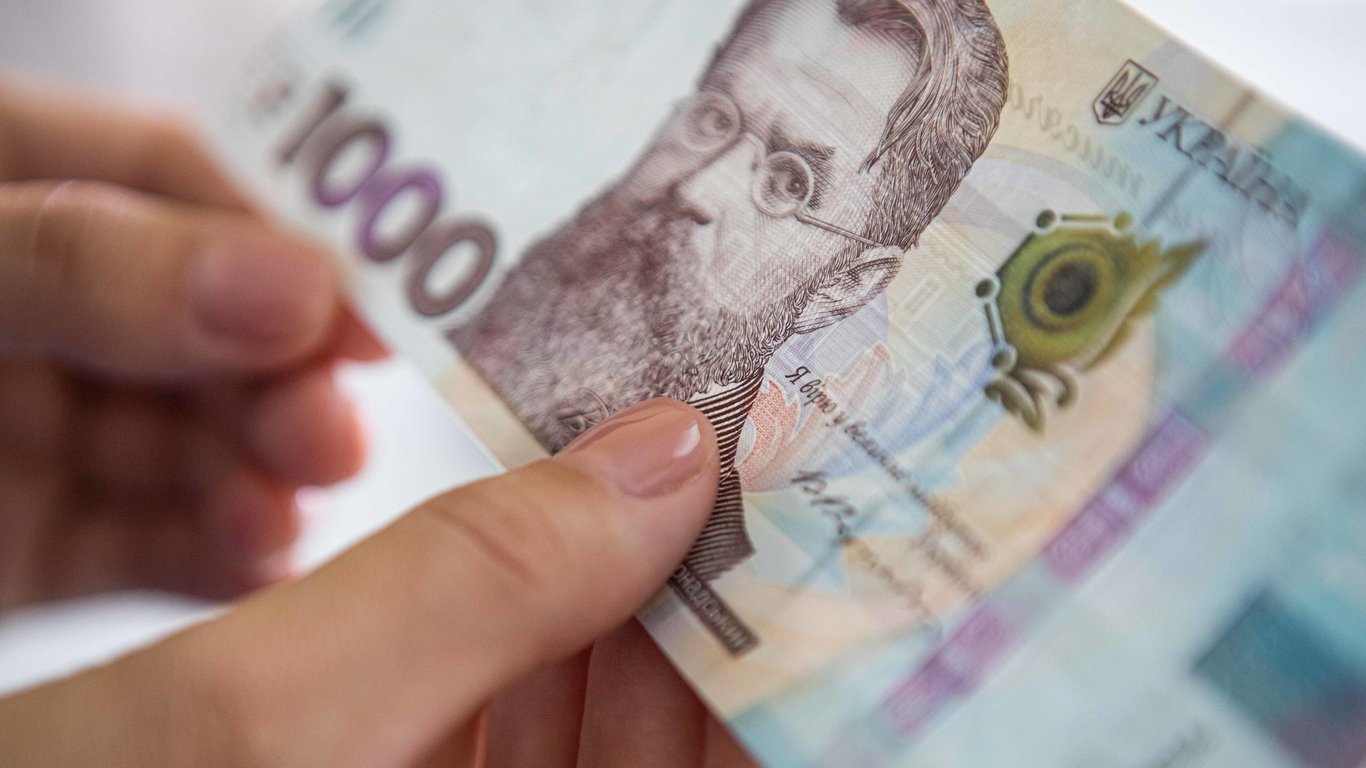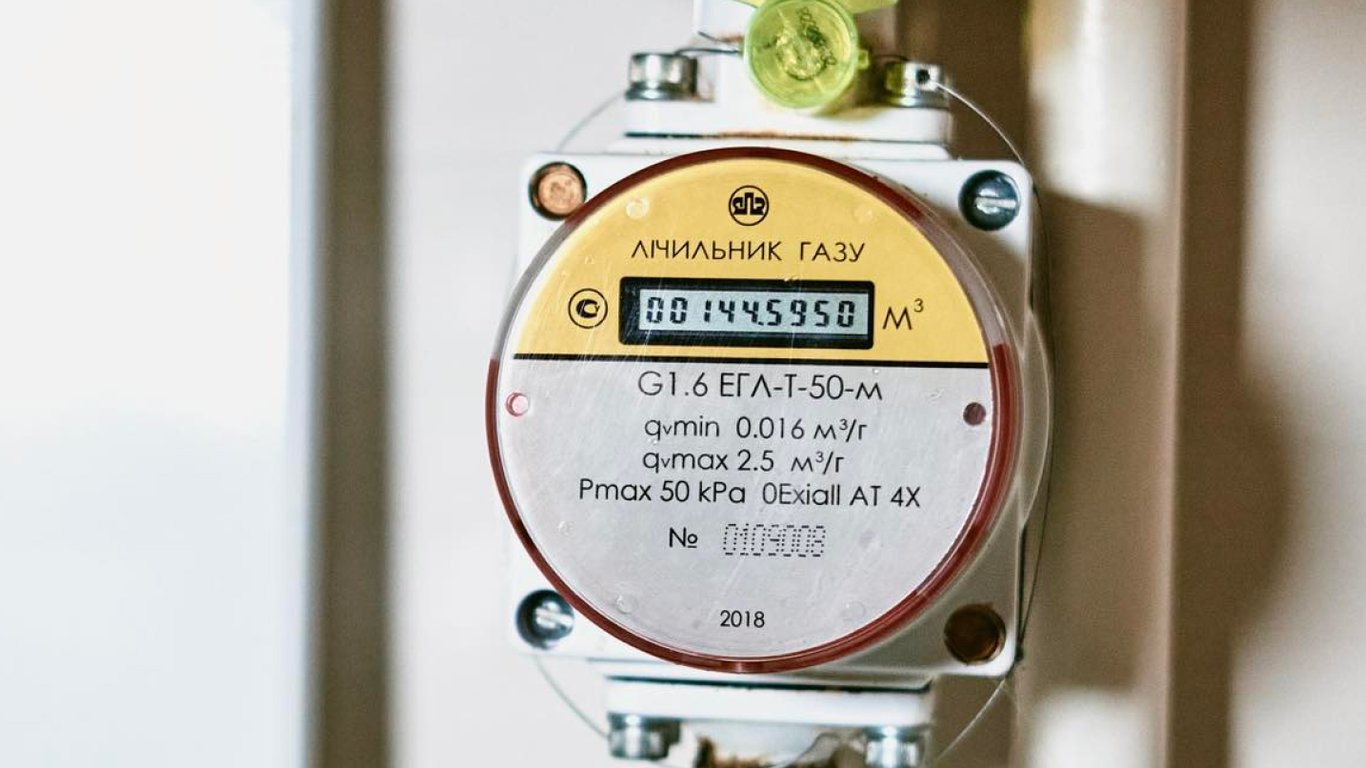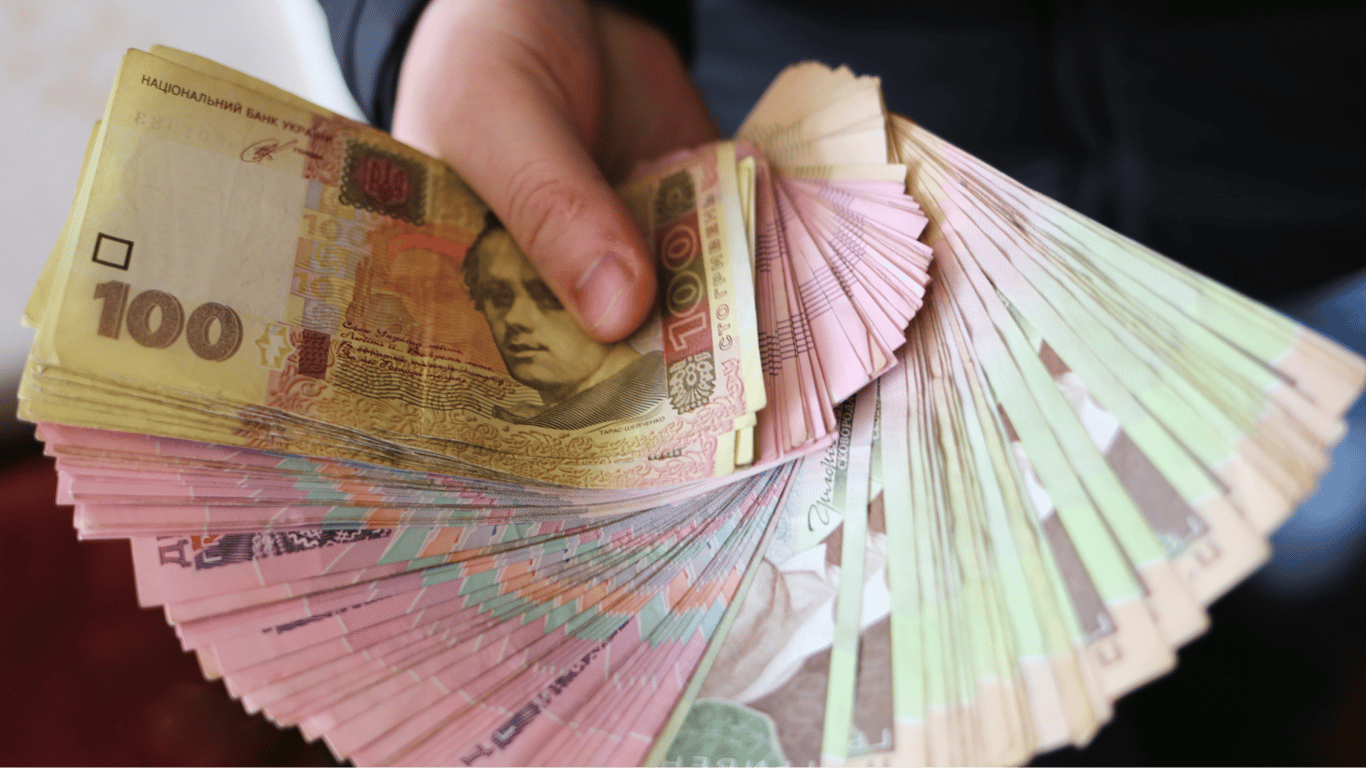Ukrainians reminded of an important ban during the New Year celebrations: fines await.


The sale of pyrotechnics is prohibited during the war
Ukrainians were reminded that the sale of any pyrotechnic products during the war is prohibited, there are no exceptions.
This was reported by lawyer Igor Shavrov.
The New Year celebrations are approaching, and Ukrainians should not forget about the ban on using any pyrotechnic products under martial law.
According to Shavrov, the sale of any pyrotechnic products is currently prohibited. There are legal consequences for this.
'Without any restrictions. But there are questions regarding use. Because such weak charges can be used, but they cannot be sold or bought,' he said.
At the same Time, the lawyer explained what is considered a small charge and what is not.
'There is a classification. For example, firecrackers, which you are talking about, belong to category F1, which can theoretically be used once. That is, those that do not create strong noise, or, say, those that can be launched without special risk,' Shavrov explained.
He also pointed out some important moments:
- Selling without indicating the price is a violation of trading rules.
- If such goods cannot be sold, then they cannot be advertised either.
- Selling without issuing a receipt is a violation of tax legislation and other norms.
The lawyer warned that for such violations, a fine of 100% of the value of the sold goods is provided.
Recall how much Ukrainians will have to pay for beef and lard before the holidays.
Read also
- Entrepreneurs are facing increased fines - what will they be held accountable for
- Harvest of Products - Pendzin explained what will happen to prices in July
- Verification of Gas Meters - When Consumers Have to Pay
- Selling a share of a house - what Ukrainians need to know
- 13th Salary in Ukraine - Who Will Receive the Annual Bonus in 2025
- Ukrainians will receive up to 1.3 thousand dollars in support - details









